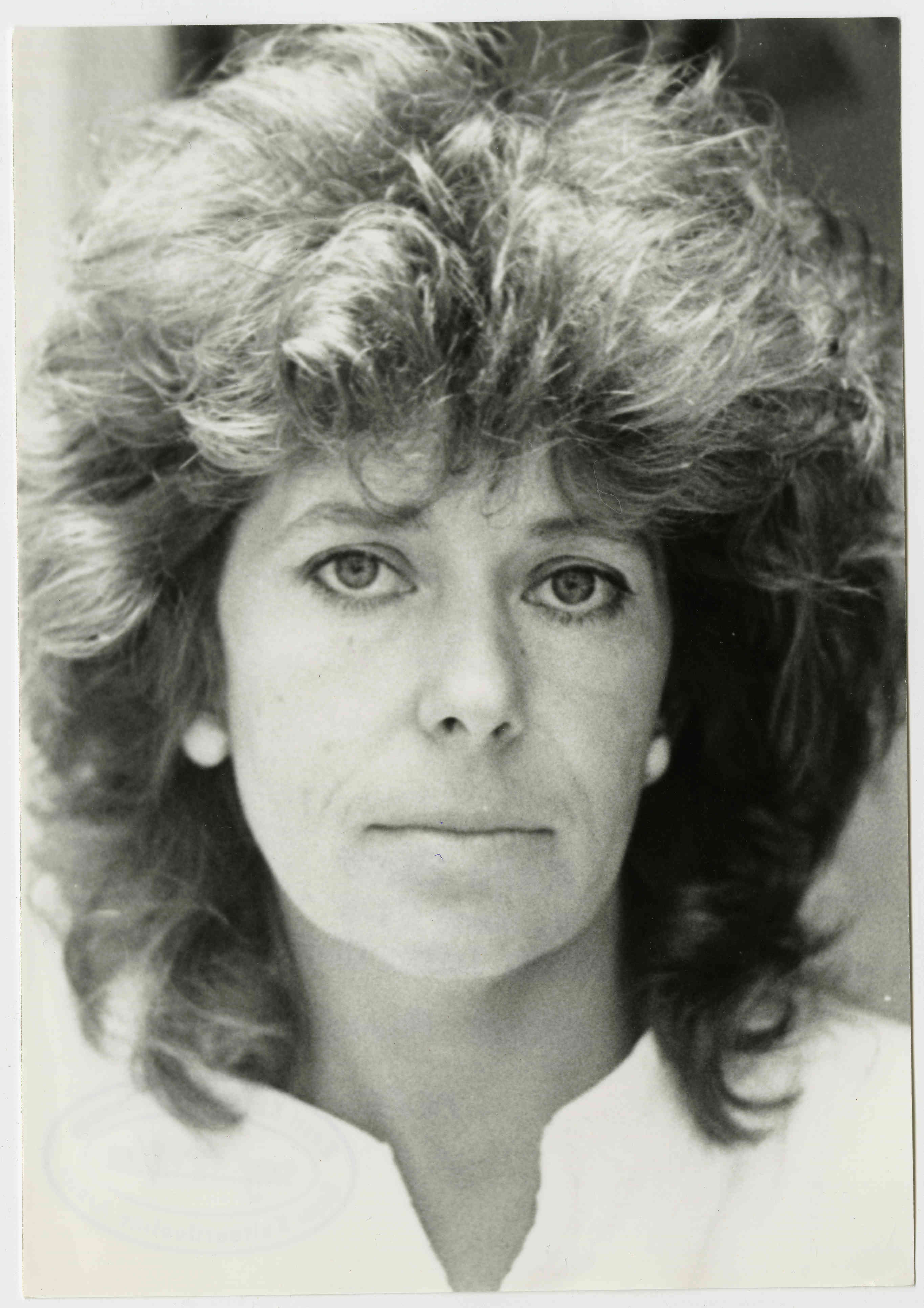
Eeva Park
Eeva Park (until 1970 Eeva Hint, b. 9. IX 1950) is a prose writer and poet.
From 1958 to 1967 she attended Secondary School number 10 in Tallinn, and graduated from Secondary School number 16 in 1970. She has worked as an archivist, a batik and porcelain painter, and as a laboratory assistant. Subsequently she has been a freelance writer, a member of the Estonian Writers’ Union since 1993. She is the daughter of the writers Aadu Hint and Minni Nurme.
Eeva Park’s debut Mõrkjas tuul (‘Bitter Wind’) appeared in 1983. It consisted of poems about nature and love, meditating on the vicissitudes of life. In her second collection, Öö valgus (‘Light at Night’, 1990) she reveals an intuitive sense of tragedy and darkness.
In 1988 Eeva Park published a story based on her grandfather’s diaries, Hullu Hansu lugu (‘The Story of Mad Hans’) about a farmer living in 19th-century Viljandimaa, whose opposition to traditions brought about his own demise. In this work the critics found the influence of the prose of Eeva Park’s aunt (Minni Nurme’s sister) Salme Ekbaum.
In 1994 Eeva Park’s short story ‘Juhuslik’ (‘By Chance’) won the Friedebert Tuglas short story prize. Park’s story collection Pääse karussellile (‘Ticket to the Merry-go-round’, 2000) almost constitutes a complete novel, with its repetition of themes and characters. Her first novel, Torm ja tuul (‘Storm and Wind’, 1992), and the novel Naeru õpilane (‘The Student of Laughter’), published in 1998, comprise an autobiographical cycle, a saga of the fate of a bohemian family, dominated by psychological realism. The novel Lõks lõpmatuses (‘A Trap in Infinity’, 2003) describes human trafficking in Eastern Europe from the viewpoint of a female victim. The work won the Eduard Vilde literature prize in 2004.
Eeva Park’s prose is teeming with finely distinguished and conveyed psychic tensions. Her use of language is concise and precise.
In 2018 Eeva Park received the Literature Endowment Annual Award for her book of memoirs Minu kuninglikud kaelkirjakud (‘My Royal Giraffes’). The work depicts her recollections of authors with whom Eeva Park came into contact in childhood. The stories reflect the fates of creative people in Estonia in the twentieth century, the upheavals of history and the effects of the ideological persecutions in the fifties.
Eeva Park has also written dramas and radio plays.
L. P. (Translated by C. M.)
Books in Estonian
Novels
Tolm ja tuul. Tallinn: Eesti Raamat, 1992. 287 lk.
Naeru õpilane. Tallinn: Kupar, 1998. 176 lk.
Lõks lõpmatuses. Tallinn: Tänapäev, 2003. 223 lk.
Lemmikloomade paradiis. Luige: Verb, 2016. 237 lk.
Short prose
Hullu Hansu lugu. Tallinn: Eesti Raamat, 1988. 142 lk.
Mees, kes mäletas elevante: novellid. Tallinn: Huma, 1994. 159 lk.
Pääse karusellile: novellid. Tallinn: Huma, 2000. 119 lk.
Absoluutne meister: novellid. Tallinn: Eesti Keele Sihtasutus, 2006. 142 lk.
Poems
Mõrkjas tuul. Tallinn: Eesti Raamat, 1983. 48 lk.
Vaba langemine. Tallinn: Tänapäev, 2002. 62 lk.
Homsed uudised. Tallinn: Verb, 2005. 53 lk.
Tulearm. Tallinn: Verb, 2007. 53 lk.
Linnujahireeglid. Luige: Verb, 2012. 48 lk.
Oda jälg õhus: luulet aastatest 1983–2013. Tallinn: Ny Norden, 2014. 188 lk.
Metsalise loits. Tallinn: Ny Norden, 2018. 63 lk.
Plays
Palveränd: näidend 2 vaatuses. Tallinn: Perioodika, 1996. 63 lk.
Geeniuste algkursus: näidend kahes vaatuses kolmeteistkümnes pildis. Tallinn: Kultuurileht, 2016. 44 lk.
Memoirs
Minu kuninglikud kaelkirjakud. Tallinn: Hea Lugu, 2018. 156 lk.
Children’s books
Kõige tugevam isa. Tallinn: Ny Norden, 2010. 12 lk.



